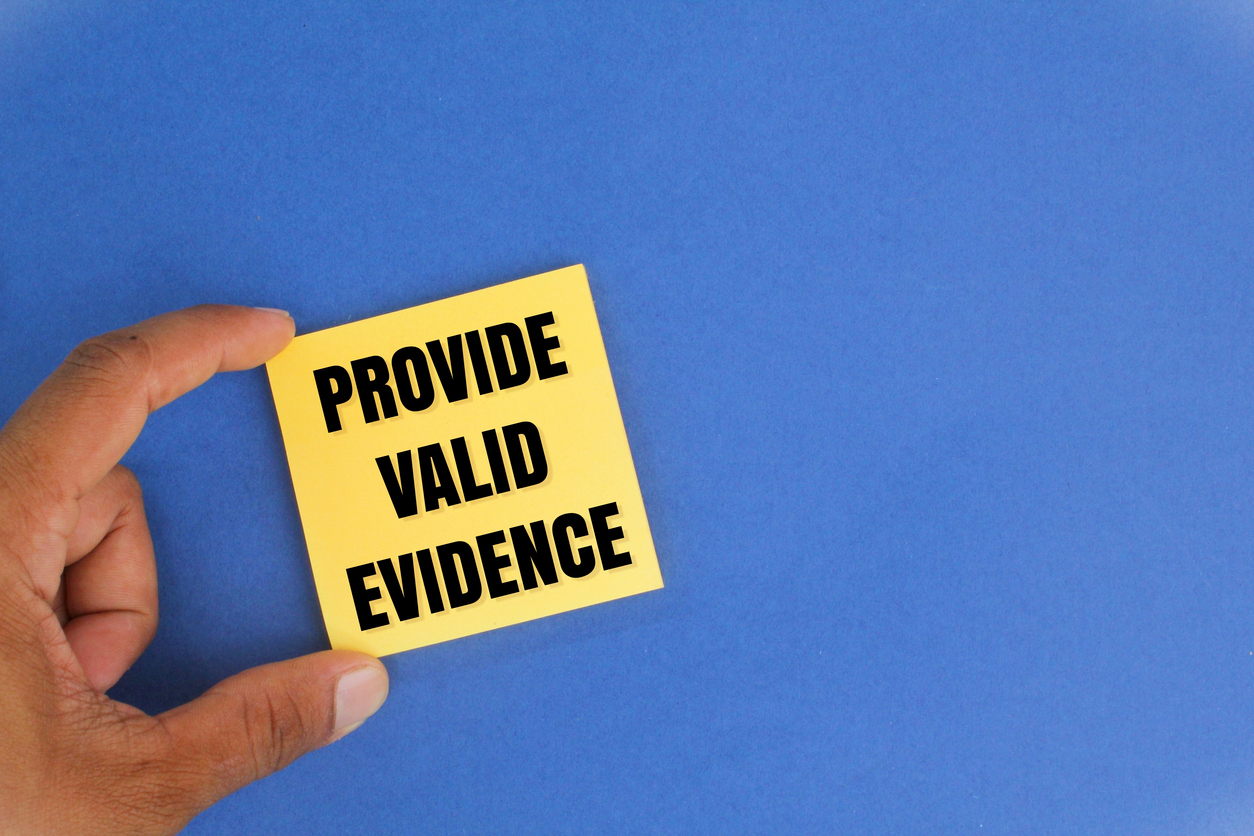Many of us in Central Colorado remember the hail storm that wreaked havoc on the Denver metro area in May 2017. What happens when hailstorm damage to your property does not manifest itself for a period of months, or even a year later? Should a claim be denied for being reported once discovered? Unfortunately, the standard surrounding late notice continues to be unclear in the Colorado courts today.
Earlier this year my colleague, Jonathan Bukowski, discussed the 2017 Colorado Federal Court decision rendered by Judge Arguello,1 where the trial court applied the Traditional Notice Rule to the issue of late notice, providing that “failure to notify the insurer within a reasonable time constitutes a breach of that contract requiring a justifiable excuse or extenuating circumstances explaining the delay.” In relying upon the Traditional Notice Rule, Judge Arguello concluded that the policyholder’s lack of familiarity or sophistication in insurance matters was not a justifiable excuse for its delayed notice to the insurance carrier. In short, ignorance of contractual requirements, does not excuse the duty to notify your insurance carrier of a potential covered claim.
More recently, Colorado Federal District Court Judge Martinez, issued an opinion in Sunflower Condominium Association v. Owners Insurance Company,2 in which he applied the Notice-Prejudice Rule, instead of the Traditional Notice Rule. Importantly, unlike the more stringent Traditional Notice Rule which requires proof of a justifiable excuse for delay in notifying a carrier of covered damages, the Notice-Prejudice Rule offers policyholder’s the opportunity requires the court to:
- Determine whether an insured provided their notice timely, through evaluation of whether the timing of the notice and the reasonableness of any delay;
- If such notice is determined untimely was the delay unreasonable, determine whether the insurance carrier was prejudiced by such untimely notice.
Located in Aurora, Colorado, the Sunflower property is a multi-family complex of condominiums which sustained damages resulting from a hail and wind storm that occurred on September 29, 2014. Sunflower first submitted its claim for storm caused damages over fourteen months later in December 2015. When Sunflower and Owners could not agree upon the amount of loss, Sunflower filed suit for breach of contract and the unreasonable delay and denial of covered benefits.
During litigation, the court considered several facts demonstrating Sunflower may have been aware of the damages much earlier and could have provided notice sooner – a Sunflower board member had filed a claim for damages to her car one month after the hail storm, the board had received a work proposal for the property that indicated hail damage in April 2015, and a contractor informed a Sunflower board member of the hail damage during a phone call that summer.
Agreeing that Sunflower had multiple opportunities to deliver notice to Owners sooner, Judge Martinez ultimately determined that the timing of Sunflower’s notice was untimely and unreasonable. Judge Martinez then turned to the second step of the Notice-Prejudice Rule – did the untimely notice prejudice the insurance carrier’s investigation of the claim. Judge Martinez ultimately determined that Owners investigation had been prejudiced by Sunflower’s unreasonable delay in providing notice of the claimed damages, as multiple hail storms had occurred between the claim and the September 2014 hail storm.
While this decision led to the unfortunate demise of Sunflower’s claim, Judge Martinez’ pivot towards the Notice-Prejudice Rule may provide Colorado policyholders a step towards the majority approach applied throughout the country. This approach provides a more level playing field between policyholders and insurance carriers, and hopefully it is a step towards a new standard in Colorado. However, the Sunflower case provides an important reminder to always provide notice to the insurance carrier at the first sign of damage to your property to avoid any late notice arguments down the road. While you may have strong and supportable reasons for delaying notice to an insurance carrier of covered damages, the court can always see things differently.
_______________________________
1 Cherry Grove East II Condo. Assoc. v. Philadelphia Indem. Ins. Co., No.1:16-cv-02687 (Colo. D. Dec. 27, 2017).
2 Sunflower Condo. Assoc., Inc. v. Owners Ins. Co., No. 1:16-cv-2946-WJM-NYW (Colo. D. May 14, 2018).



